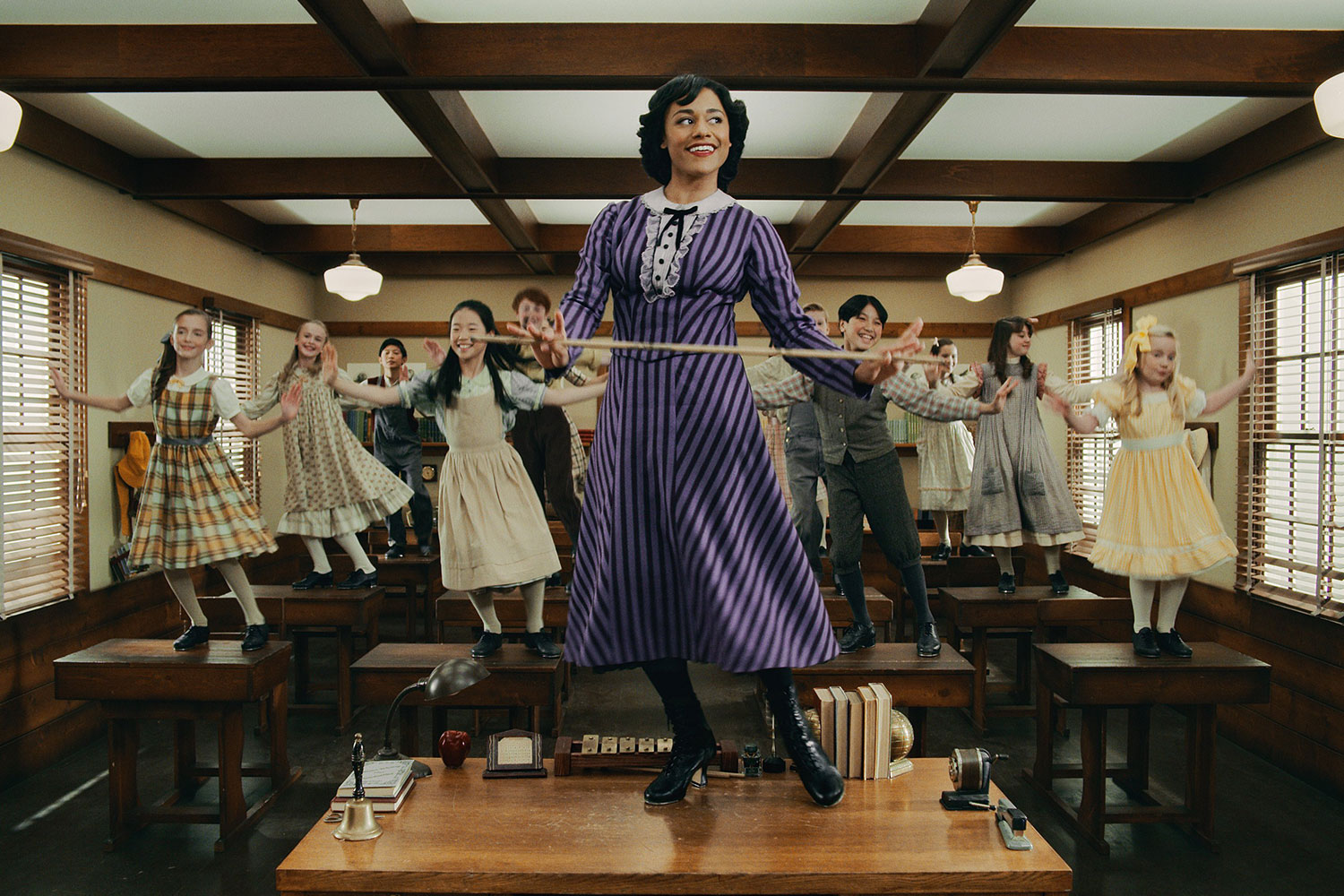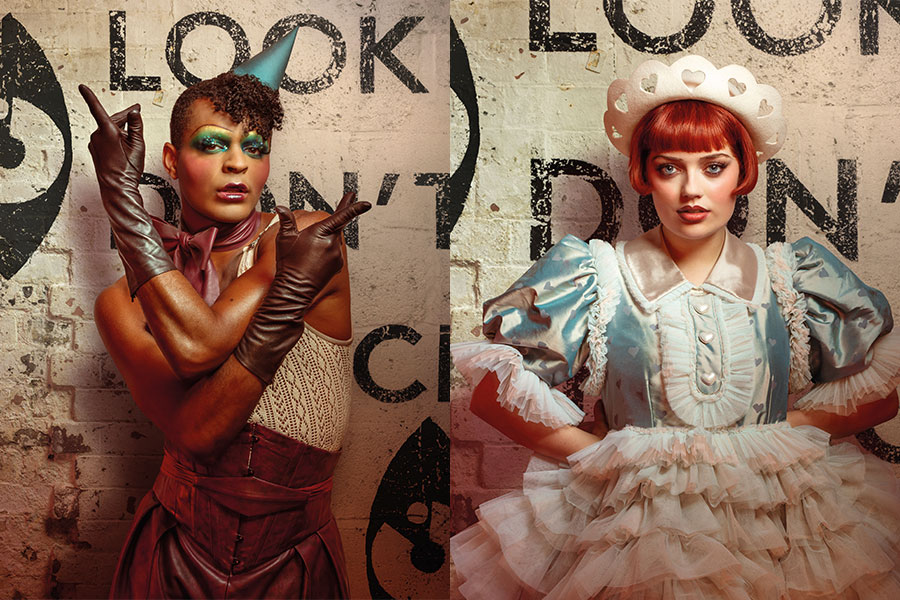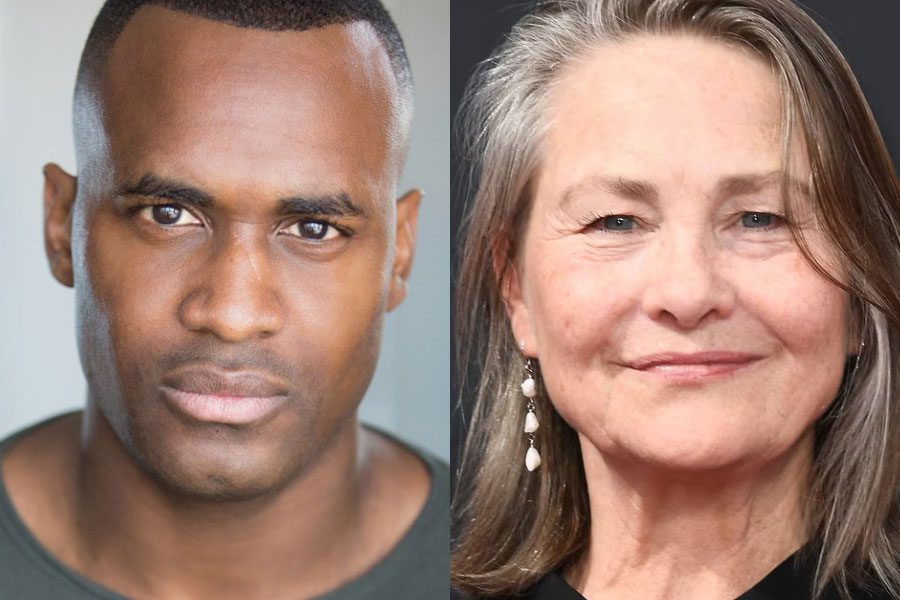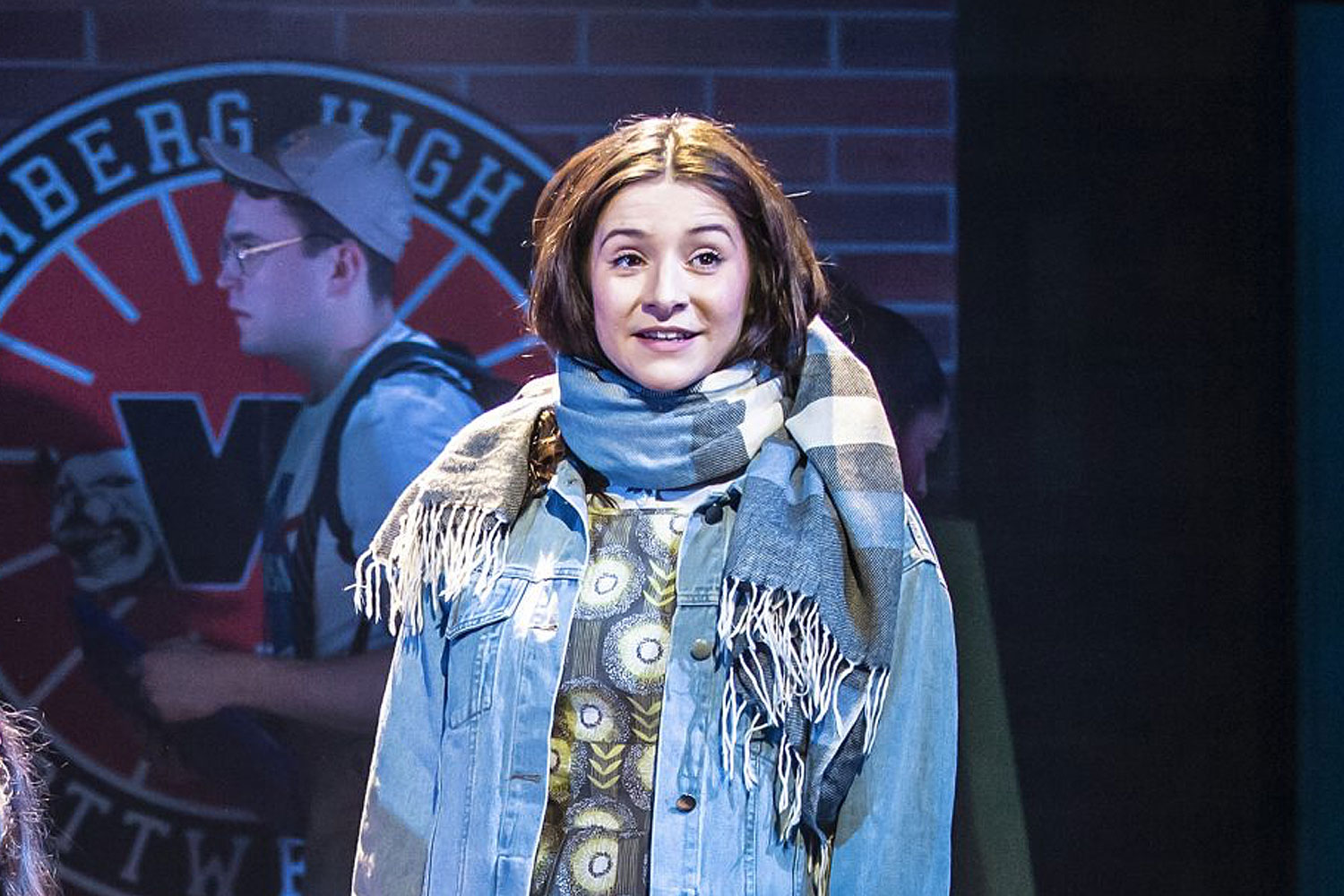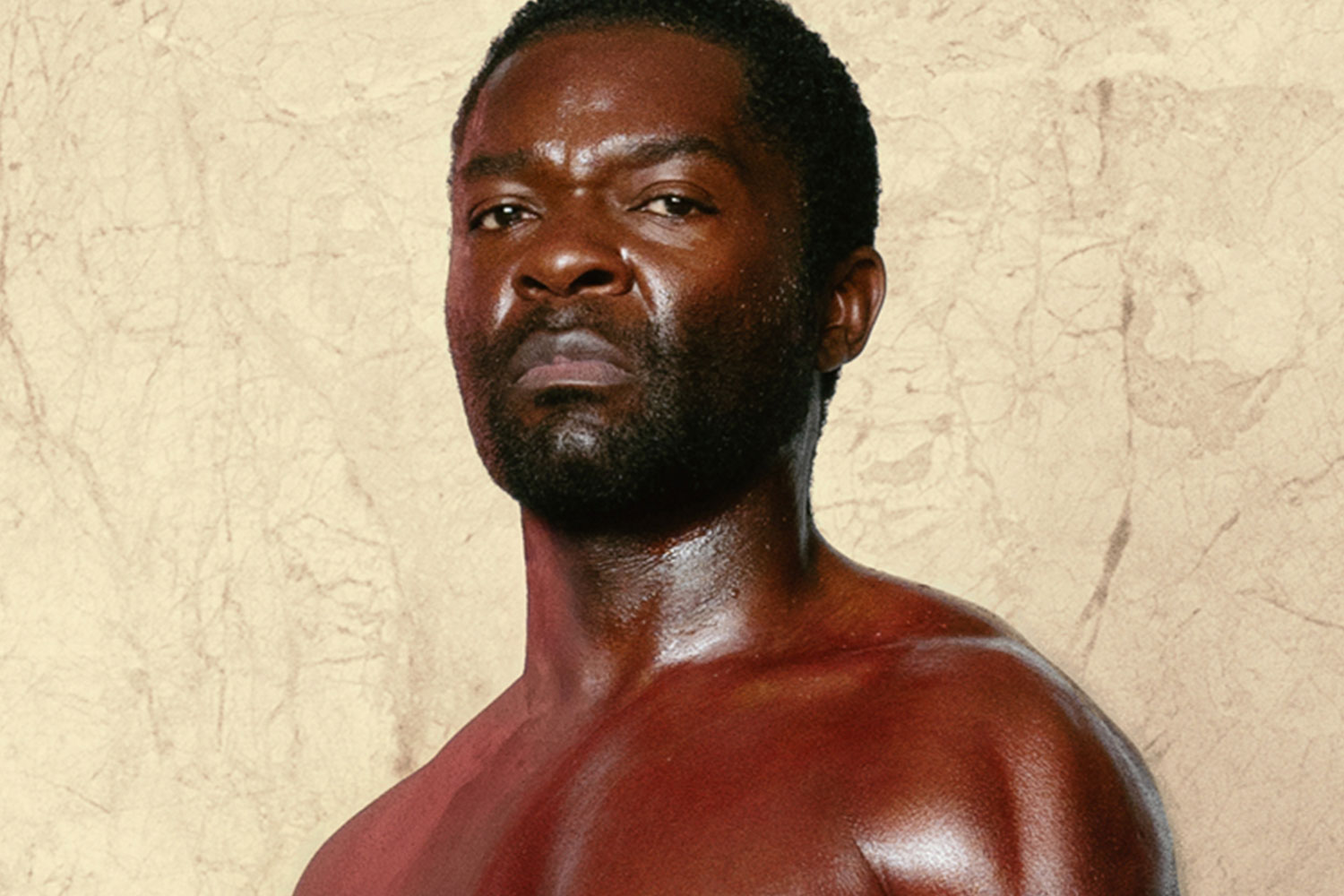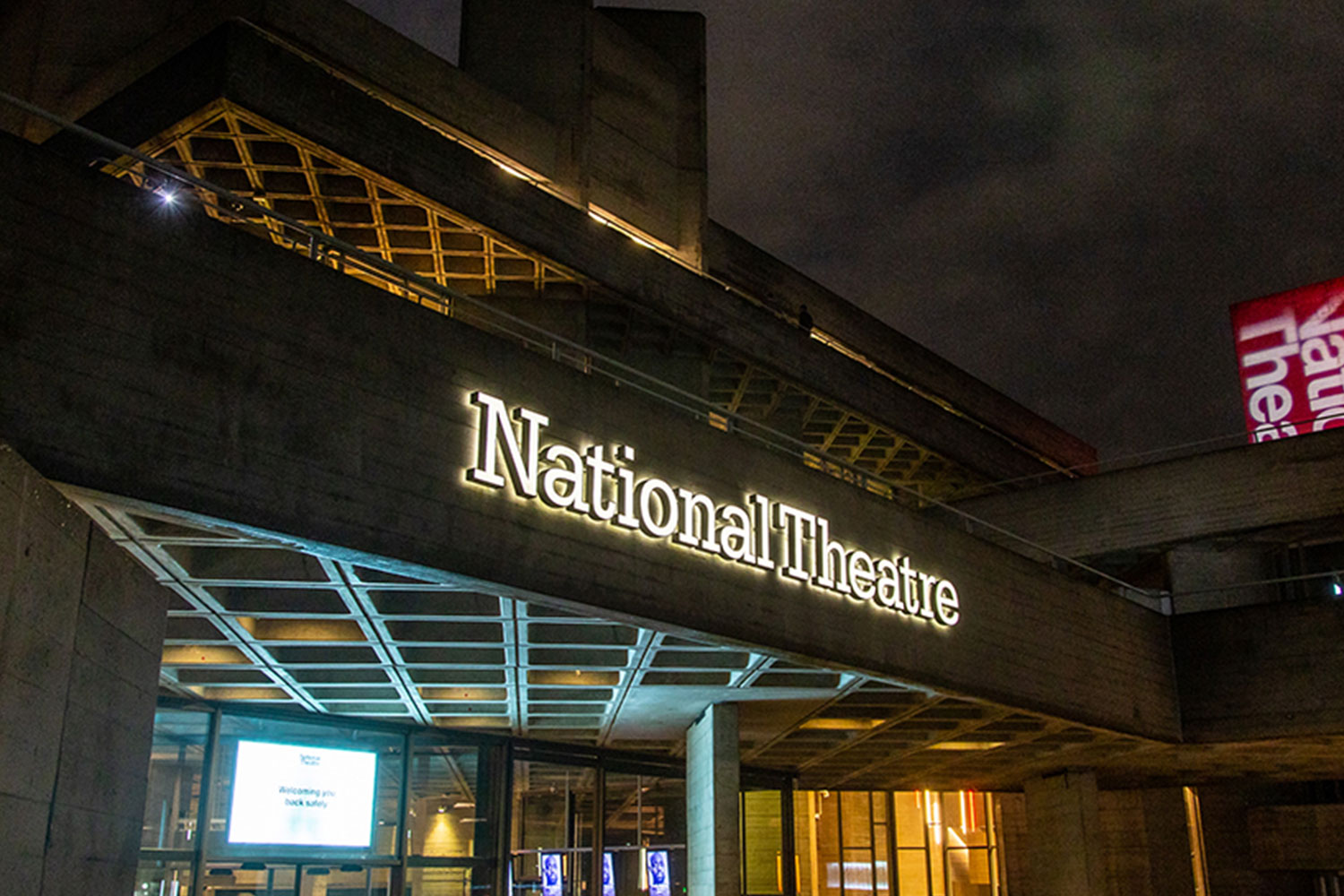Catherine Love: In theatre, simple is often best
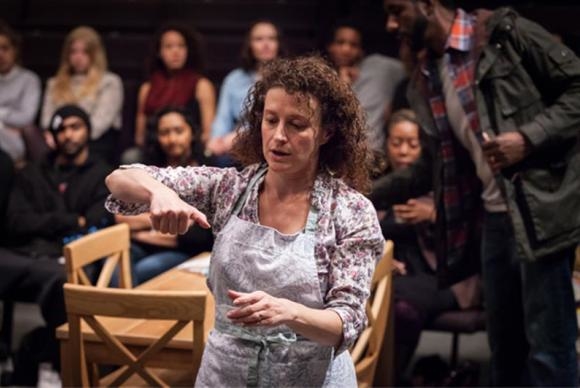
© Marc Brenner
I love being surprised in the theatre. Those moments when dazzling images jump out of nowhere, when my heart is made to beat a little faster, when the whole concept of a show is suddenly exploded apart (sometimes literally) are a big part of the reason I keep going back again and again. Theatre is the place where I do a lot of my best thinking, but it's also a place where I want my mind to be blown.
But sometimes nothing beats simplicity. I was reminded powerfully of this at the Almeida last Friday, where I was watching David Cromer's stripped-back version of Thornton Wilder‘s Our Town. Wilder's play is about a very ordinary town, and Cromer's is (one startling scene aside) a determinedly ordinary production. The house lights remain up throughout, there is little set to speak of, and the performers are dressed in clothes that could have come right out of their own wardrobes. It's all very straightforward and unshowy, yet all the more absorbing for it.
Such an approach works perfectly for a play which is essentially about people and about the shared, unremarkable experience of living and dying. The simplicity is what allows it to eventually become so moving, exploiting the most modest but also some of the most forceful weapons in theatre's arsenal. Sometimes all that theatre needs is a room and a few people gathered together in it.
Simplicity again is at the heart of what I think works so well about Katie Mitchell's production of The Cherry Orchard over at the Young Vic. While this is in many ways a much more elaborate show, with a detailed and devastatingly beautiful design by Vicki Mortimer and a soundscape from Gareth Fry that almost imperceptibly dials up the tension, it all hinges on a simple idea of mounting menace. Mitchell and her team peel away many of the play's other associations, instead amplifying its ghostliness and lingering sense of threat. For me, this central decision – as well as the move to cut it down to two hours straight through – makes the play horribly compelling. There are no visual tricks or sudden reveals, but still it's impossible to look away.
When I think back to some of my favourite shows of recent months, many have similarly engaged with a minimal, no frills concept or aesthetic. Confirmation by Chris Thorpe, currently showing at the BAC, is little more than a man, a microphone and a few chairs. Secret Theatre’s A Series of Increasingly Impossible Acts proves that the spare contents of the rehearsal room can be thrillingly brought into the theatre. And Barrel Organ’s debut show Nothing relies, as its title suggests, on no set, props or lighting at all, with the performance simply emerging from within the audience.
Ultimately, not all that much has changed. I still want to have my mind blown. But perhaps that doesn’t always mean stunning images and gasp-inducing effects – as undeniably brilliant as those things are. It might just mean a group of people, a bit of space and a shared idea.



